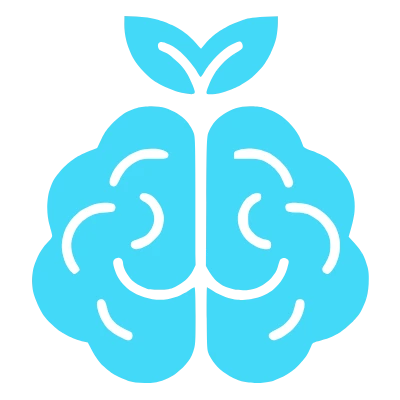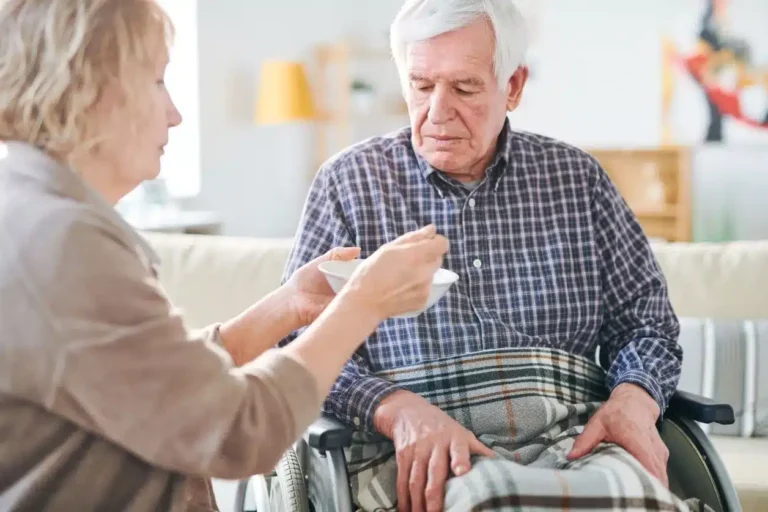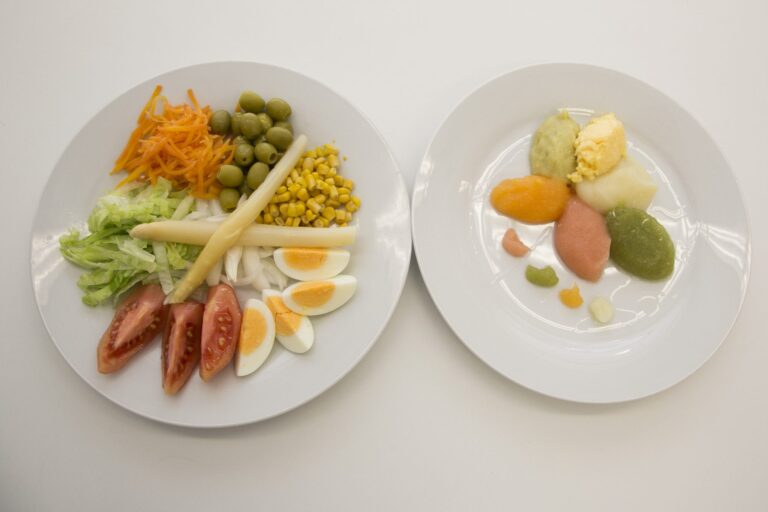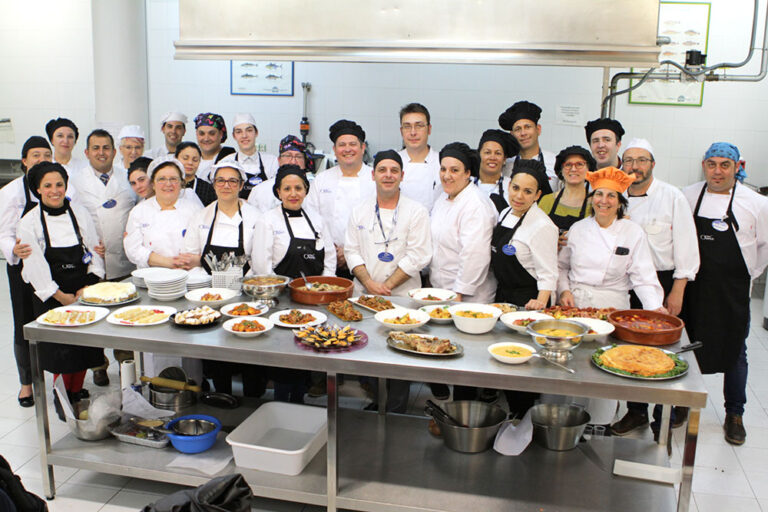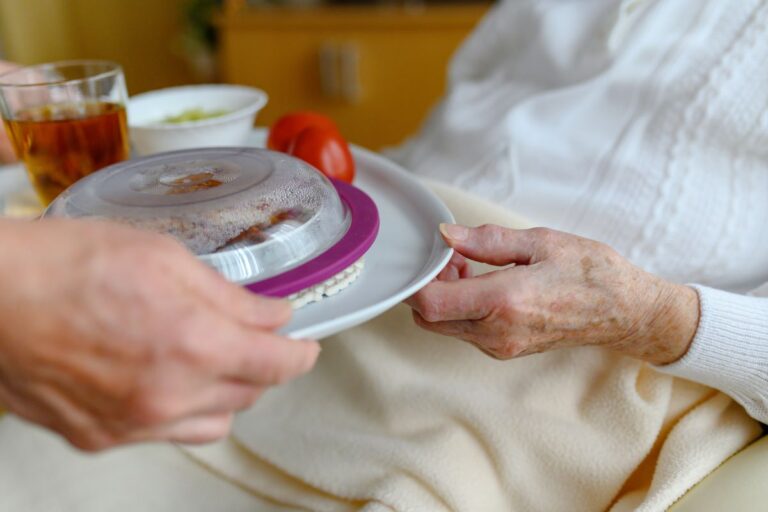The Proteins are one of the fundamental macronutrients for the good condition of the body, along with carbohydrates and fats. All three are responsible for providing energy to the body; But, in addition, proteins are key to maintaining muscle mass and proper brain function. For this reason, older people should eat more protein.
According to experts, when we get older we need to have an adequate diet with a supply of protein-rich foods in order to preserve muscle mass, especially if we lose weight, suffer from a chronic or acute illness, or are in the hospital. During these periods, which are more stressful, the body of older people does not process protein efficiently, so they need to eat more to maintain muscle mass and strength, bone health and other basic functions.
Proteins can be of animal or vegetable origin and are found mainly in meat, eggs, fish, dairy products, legumes (chickpeas, peas, lentils, beans, broad beans…), cereals (rice, corn, wheat) and nuts (walnuts, almonds, hazelnuts, pistachios…).
Animal proteins are of high biological value because they contain the nine essential amino acids that the body needs. This means that they are more complete than those of plant origin.
Recommended daily protein intake
The World Health Organization (WHO) establishes as ideal that 15% of the daily calories ingested come from proteins (which is equivalent to 0.8 grams per kilo that the person weighs per day), 55% from carbohydrates and 30% from fats. However, “this protein figure is low because with aging the protein reserves in the muscle and their effectiveness are reduced, so an intake of between 1 and 1.25 grams per kilo that the person weighs per day is recommended,” explains theHealth Director.
On the other hand, there are studies that determine that a third of older people do not eat an adequate amount of protein. The reasons are as varied as lack of appetite, dental problems, difficulty swallowing (dysphagia), loss of taste sensitivity, even financial restrictions. This poor nutrition, together with a more sedentary tendency at these ages, predisposes to more pronounced muscle deterioration, which compromises mobility and autonomy.
In addition, eating less protein than recommended can also negatively influence the proper functioning of the brain, causing memory loss, difficulty in learning or lack of concentration. So older people should eat more protein.
Take protein with all meals of the day
Recent studies show that older people who consume an adequate amount of protein better maintain their ability to perform basic activities of daily living (BADL) such as getting dressed, getting out of bed, going up or down stairs, cooking, etc.
Proteins cannot be stored, nutritionists advise dividing their intake into different meals of the day. “Older people should eat 25 to 30 grams of protein per meal,” says Victoria Pérez. Proteins are often included at lunch and dinner, but not so much at breakfast. It is in this meal where intake should be reinforced, complementing dairy products (milk, yogurt, cheese, etc.) and cereals (bread, cookies, cereals…) with eggs, turkey or any other more protein-rich food.
Older people have to enjoy a diet appropriate to their age, and adapted to the main pathologies of the elderly, satisfying their nutritional requirements. For this reason, they have own kitchen, where menus adapted to the needs of the residents are prepared, designed by a nutritionist and reviewed by the medical service.
8 benefits of eating an adequate amount of protein
- Provides energy.
- Maintains good condition of muscles, bones and skin integrity.
- Avoids the loss of body mass.
- Improves functional capacity to perform daily activities.
- Helps prevent frailty and sarcopenia.
- Promotes the correct functioning of the brain.
- Prevents dementia problems.
- Improves mood, promoting socialization.
